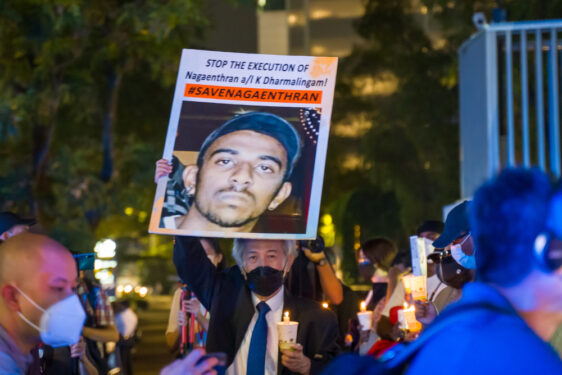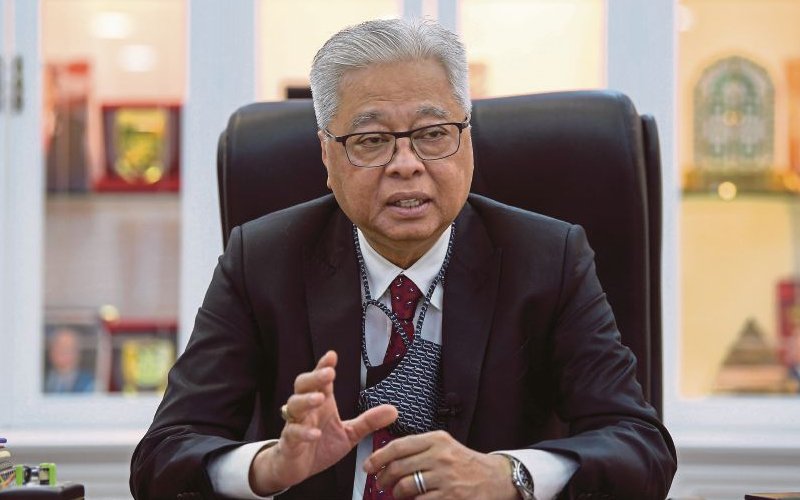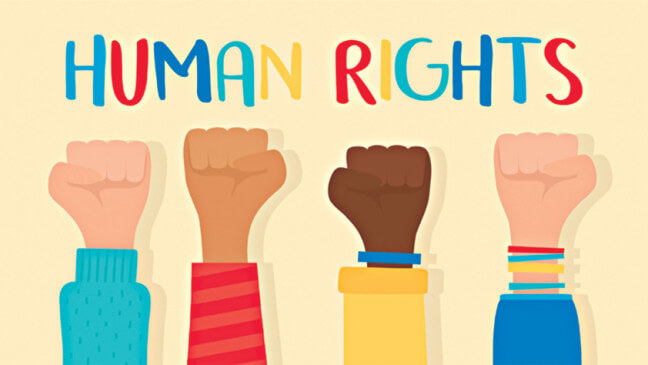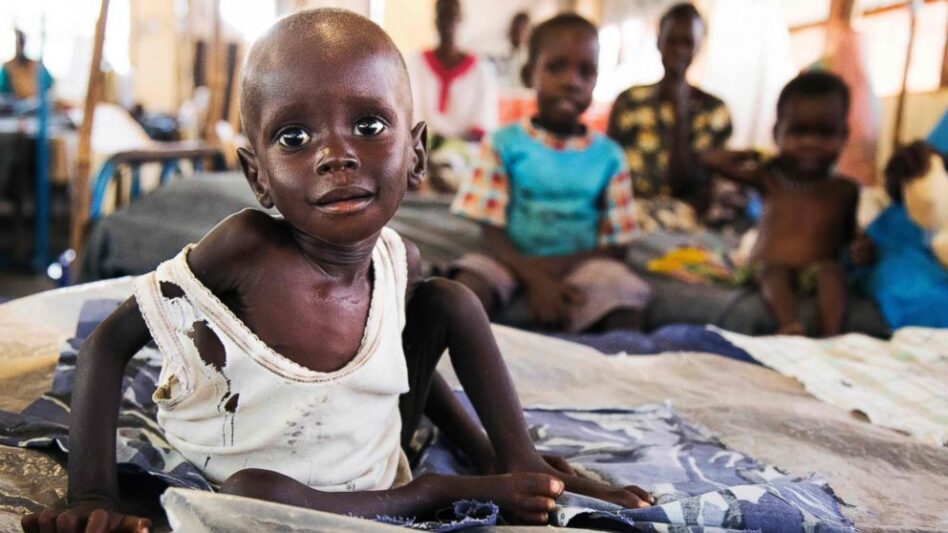Editor’s note: This is the second of a two-part letter by the authors in conjunction with the prime minister’s one-year anniversary in power.
Read Part 1 here.
Media freedom
IN May 2022, Prime Minister Datuk Seri Ismail Sabri Yaakob said the media should carry out their duties with freedom and without interference to ensure freedom of expression in Malaysia. However, the Government’s actions throughout the year were an alarming contradiction, with media workers and journalists under constant scrutiny.
In the past year, the Government has restricted and silenced journalists and whistleblowers. For example, for the first Parliament sitting after the change of Government on September 13, 2021, only 16 media agencies were allowed to cover the proceedings from inside Parliament and the Dewan Rayat speaker failed to provide any reasonable explanation for imposing the restriction.
In January 2022, journalist Sean Augustin from media outlet Free Malaysia Today was called in for questioning by the police over an article in which he stated that the armed forces had to rescue flood victims amidst rising waters without waiting for approval from the disaster management agency.
The same month, Malaysian Anti-Corruption Commission (MACC) chief Tan Sri Azam Baki demanded investigative journalist and whistleblower Lalitha Kunaratnam issue a public apology, pay RM10 mil in damages and delete articles in which she questioned Azam’s business ties and claimed he owned shares in two companies.
Restriction and harassment of protesters
Police also sought to block or restrict protests and systematically harass protesters throughout the year. Many were hauled in for questioning by the police for violating Section 9(5) of the Peaceful Assembly Act (PAA) 2012, which criminalises the organiser’s failure to give five days’ notice before a gathering.
In January 2022, police attempted to block a protest demanding Azam resign by obtaining a seven-day court order to block all public protests in an area in downtown Kuala Lumpur. When this failed to deter the protesters, police diverted traffic and suspended several train services into the area where the protest was being planned. A briefing held a day ahead of the protest was also raided by the police.
Following the protest, authorities hauled in for questioning more than 40 activists under Section 9(5) of the PAA, Section 505(b) of the Penal Code as well as Regulations 10 and 17 of the Prevention and Control of Infectious Diseases Regulations.
In March, protest organisers were summoned after holding an anti-war protest related to the war in Ukraine and for protests that took place outside Parliament calling for the passage of an anti-party hopping law and an Independent Police Complaints and Misconduct Commission (IPCMC).
In April, police summoned three representatives from Lawyers for Liberty (LFL) to give a statement on a protest the group organised outside the Singaporean High Commission. Another two lawyers, New Sin Yew and Yohendra Nadarajan, were called for an investigation after attending a candlelight vigil at the high commission to oppose the execution of a Malaysian in Singapore.

The police also investigated protesters from Parti Sosialis Malaysia (PSM) for partaking in a Workers’ Day rally, despite briefing the police of their plans before the event.
On June 17, police blocked a planned march by lawyers to Parliament to hand over a memorandum on judicial independence. Following the protest, police said an investigation had been opened and that they would be calling in all the participants of the protest for investigation under the PAA.
On Aug 18, two members of different political opposition parties (Hasbie Muda and Sabda Suluh Lestari Yahya) and a student activist (Aliff Naif Mohd Fizam) were charged under Section 9(5) of the PAA for each organising a peaceful protest in July against the rise in the price of goods. All three were released on bail of RM3,000 to RM7,000.
Challenges to freedom of association
The legal framework governing the operations of civil society organisations and political parties – in particular, the Societies Act 1966 – remains unduly restrictive and overly burdensome, and the Ismail Sabri Government has exploited this legal framework to obstruct the registration of civil society organisations.
In addition to long-standing issues with excessive wait times and vetting by Bukit Aman’s Special Branch, in January 2022, the Registrar of Societies (ROS) rejected the registration of Parti Aspirasi Sains Malaysia (Sains), the first scientific-based political party in Malaysia, without providing any reason.
Weak oversight and accountability mechanisms
Human rights groups have continuously raised concerns with successive Governments about torture, ill-treatment and deaths in custody. Despite this, in July 2022, Parliament passed the Independent Police Conduct Commission (IPCC) Act, a weak law that leaves the police oversight commission lacking in independence and adequate powers to ensure effective police oversight.
Further, questions have been asked by civil society about the opaque appointments of the new commissioners for the Human Rights Commission of Malaysia (SUHAKAM) in July 2022. Many of the new commissioners lack any experience in working on human rights and have even taken anti-rights positions in the past.
Human rights obligations
The actions by Ismail’s Government are inconsistent with Malaysia’s human rights obligations to respect and protect fundamental freedoms as well as constitutional guarantees under Article 10 of the Federal Constitution for freedom of expression, peaceful assembly and association.
Further, during Malaysia’s Universal Periodic Review (UPR) in 2018, the Government made commitments to repeal the draconian Sedition Act 1948, PACC and other laws that restrict fundamental freedoms. However, nearly four years on, no progress has been made on these commitments.
During the UN Human Rights Council (HRC) pledging session on Sept 8, 2021, Malaysia’s permanent representative to the UN Ahmad Faisal Muhamad expressed Malaysia’s unequivocal commitment to advancing human rights for all, noting the domestic legislation in place to enable citizens to “exercise rights and freedoms responsibly and not to suppress them.”
The Government has also yet to sign and ratify key international human rights treaties, including the International Covenant on Civil and Political Rights (ICCPR). Despite this, it is bound by customary international human rights law, including the obligation to respect the right to freedom of expression.
Recommendations
To demonstrate its commitment to human rights as a member of the UN HRC, Article 19 and Civicus make the following recommendations to the Malaysian Government:
- Ratify the core human rights instruments and their optional protocols, including the ICCPR, and rescind reservations to existing treaties that are contrary to their objectives and principles
- Implement all recommendations made by UN Member States during the previous cycle of Malaysia’s UPR, in particular, those relating to civic space
- Repeal the Sedition Act and sections 298 and 298A of the Penal Code
- Reform the Communications and Multimedia Act (CMA) 1998, in particular section 233, to ensure it fully complies with international freedom of expression law and standards
- Cease the harassment and arbitrary criminal investigations and proceedings against human rights defenders, protesters, activists, media workers or opposition political figures
- Take measures to foster a safe, respectful and enabling environment for civil society, including by reviewing the Societies Act and removing legal and policy measures that unwarrantedly limit the right to freedom of association
- Reform the IPCC Act to ensure that the body is independent and has adequate powers to ensure effective police oversight, and ensure there are transparent processes in the appointment of SUHAKAM commissioners – with parliamentary oversight, in consultation with civil society and in accordance with the Paris Principles. – Aug 28, 2022
Article 19 is an international human rights organisation that works to defend and promote freedom of expression and freedom of information, while Civicus is an international non-profit alliance dedicated to strengthening citizen action and civil society around the world.
The views expressed are solely of the author and do not necessarily reflect those of Focus Malaysia.
Main photo credit: Bernama











